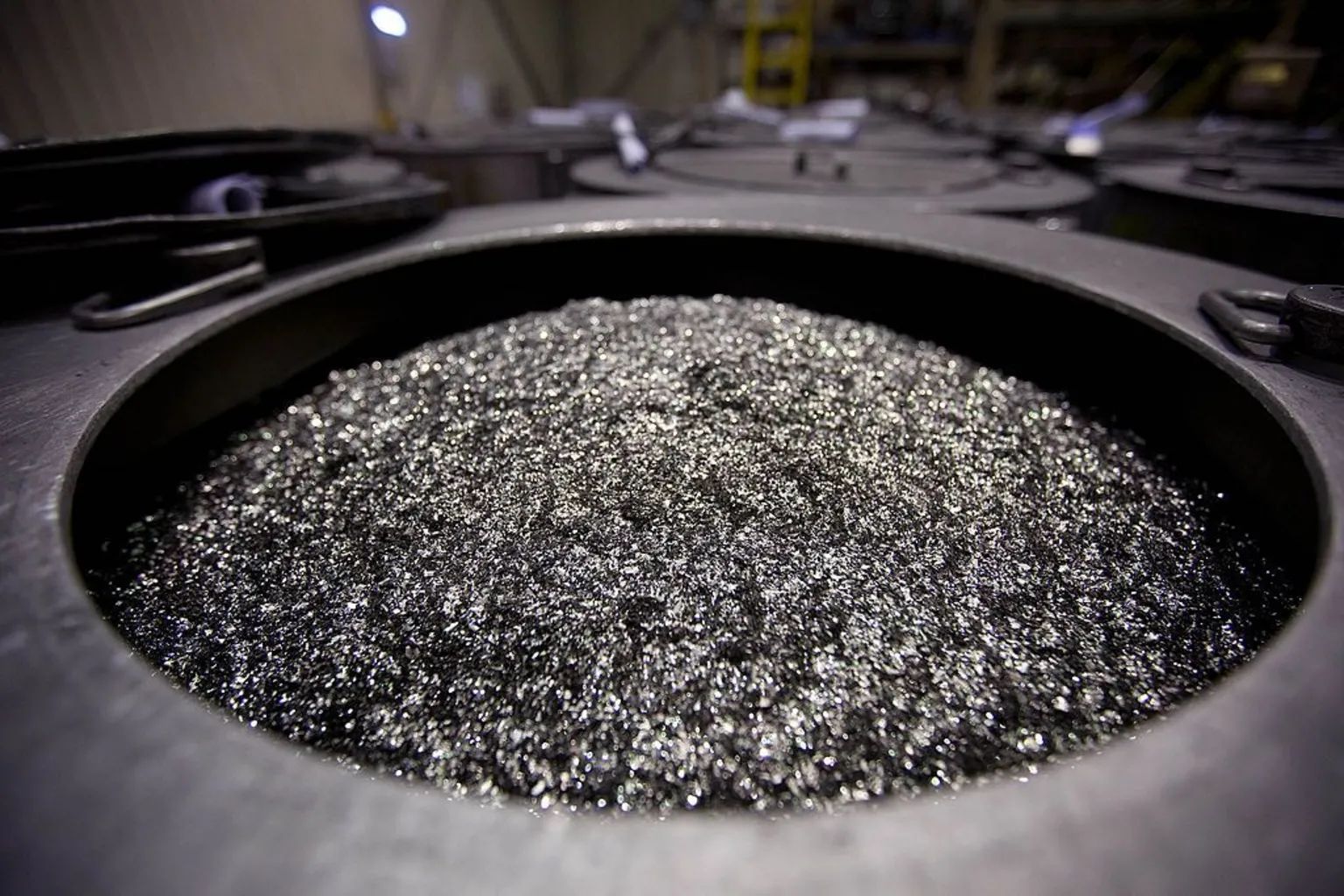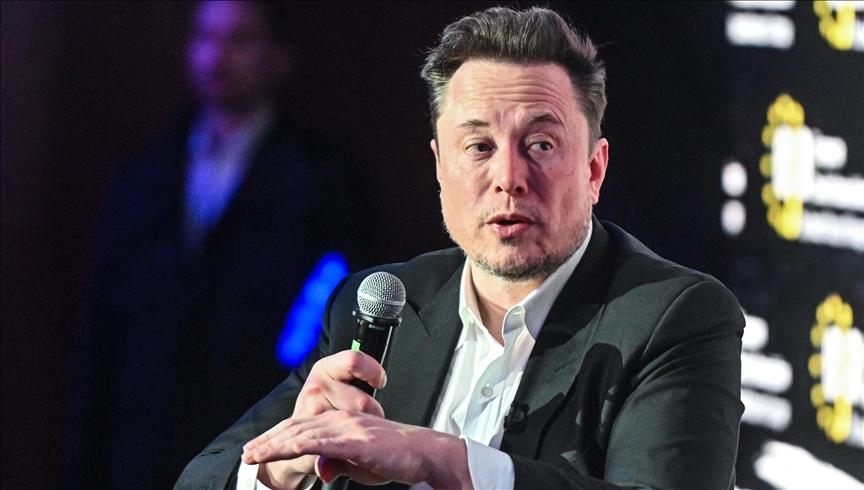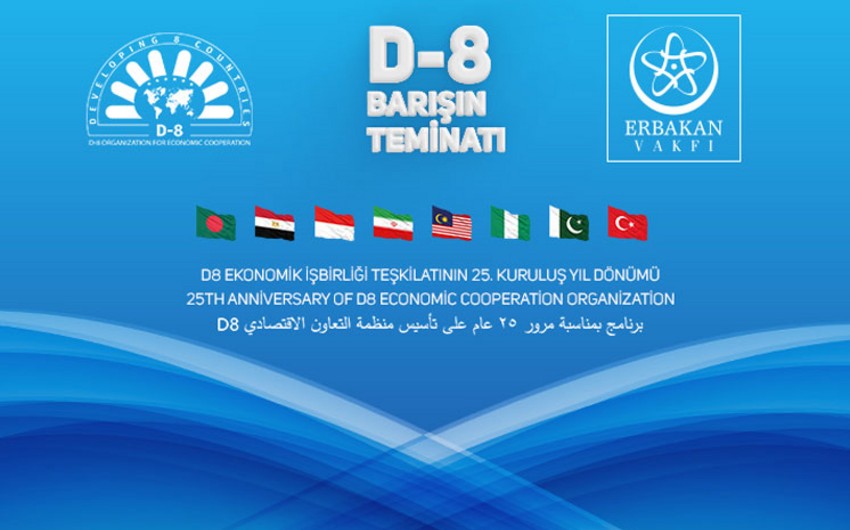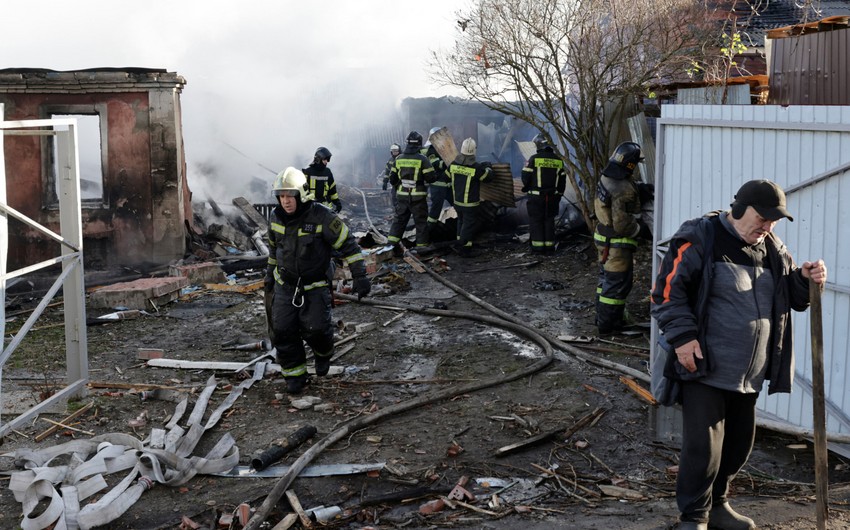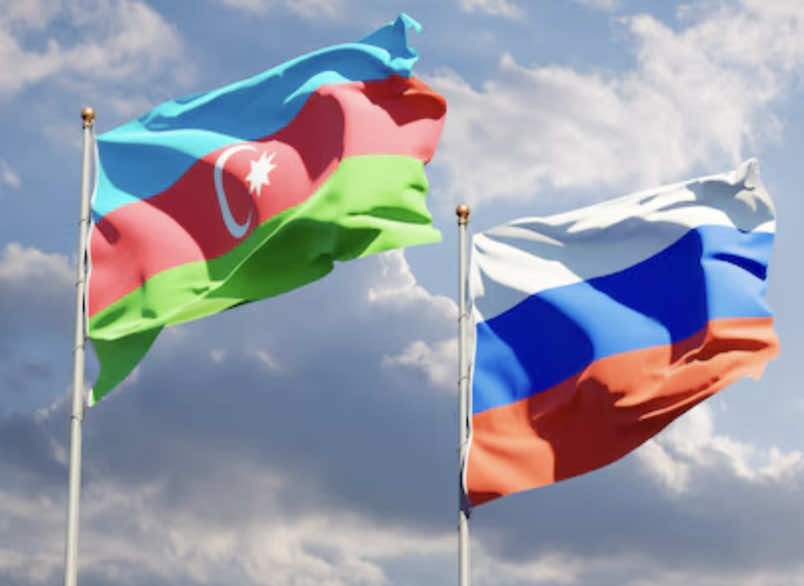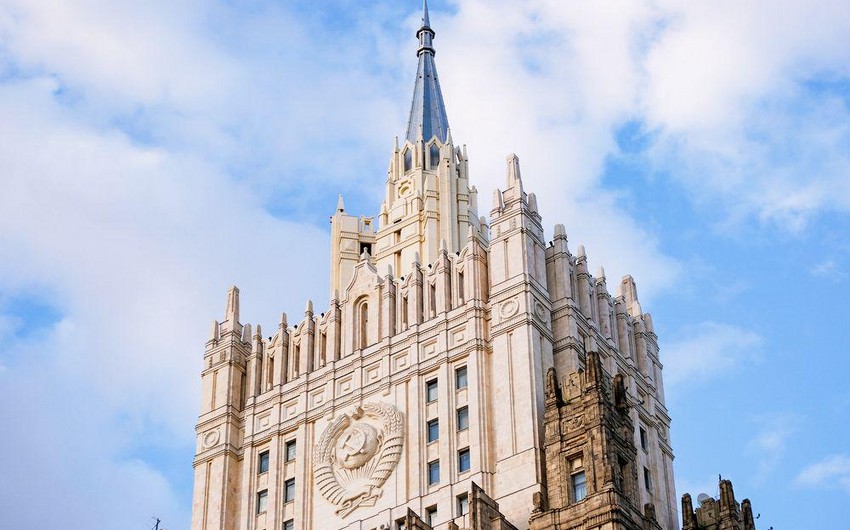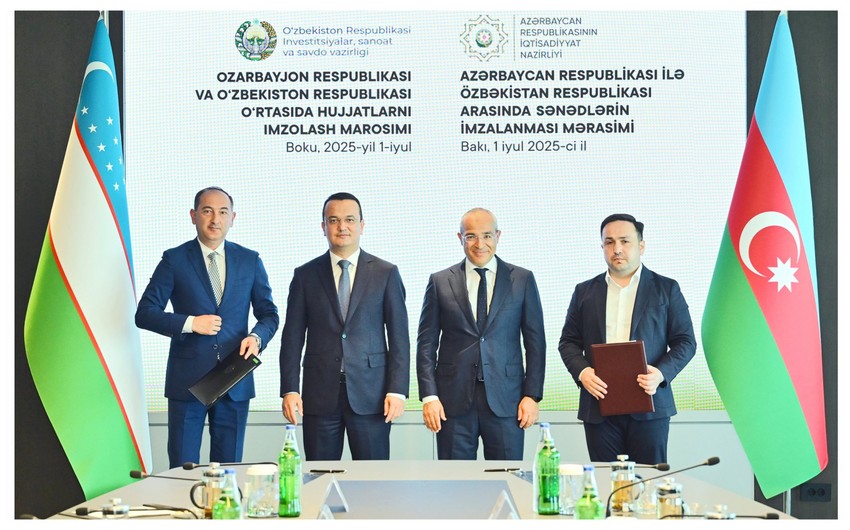As the trade war between China and the US escalates, attention has been focused on the increasingly high levels of tit-for-tat tariffs the two countries are imposing on one another.But slapping reciprocal tariffs on Washington is not the only way Beijing has been able to retaliate.China has now also imposed export controls on a range of critical rare earth minerals and magnets, dealing a major blow to the US.The move has laid bare how reliant America is on these minerals.
This week, Trump ordered the commerce department to come up with ways to boost US production of critical minerals and cut reliance on imports - an attempt by Washington to reclaim this critical industry.
Why exactly are rare earths so important and how could they shake up the trade war?
"Rare earths" are a group of 17 chemically similar elements that are crucial to the manufacture of many high-tech products.Most are abundant in nature, but they are known as "rare" because it is very unusual to find them in a pure form, and they are very hazardous to extract.Although you may not be familiar with the names of these rare earths - like Neodymium, Yttrium and Europium - you will be very familiar with the products that they are used in.
For instance, Neodymium is used to make the powerful magnets used in loudspeakers, computer hard drives, EV motors and jet engines that enable them to be smaller and more efficient.Yttrium and Europium are used to manufacture television and computer screens because of the way they display colours.Everything you can switch on or off likely runs on rare earths.Rare earths are also critical to the production of medical technology like laser surgery and MRI scans, as well as key defence technologies.
That means it currently dominates the rare earths supply chain and has the capacity to decide which companies can and cannot receive supplies of rare earths.Both the extraction and processing of these rare earths are costly and polluting.
All rare earth resources also contain radioactive elements, which is why many other countries, including those in the EU, are reluctant to produce them.Radioactive waste from production absolutely requires safe, compliant, permanent disposal. Currently all disposal facilities in EU are temporary.But China's dominance in the rare earth supply chain didn't take place overnight - but rather, is the result of decades of strategic government policies and investment.
Beginning in the late 20th century, China prioritised the development of its rare earth mining and processing capabilities, often at lower environmental standards and labour costs compared to other nations.This allowed them to undercut global competitors and build a near-monopoly across the entire value chain, from mining and refining to the manufacturing of finished products like magnets.
Can't the US produce its own rare earths?
The US has one operational rare earths mine, but it does not have the capacity to separate heavy rare earths and has to send its ore to China for processing.There used to be US companies that manufactured rare earth magnets - until the 1980s, the US was in fact the largest producer of rare earths.But these companies exited the market as China began to dominate in terms of scale and cost.This is largely believed to be part of why US president Donald Trump is so keen to sign a minerals deal with Ukraine - it wants to reduce dependency on China.
Another place Trump has had his eye on is Greenland - which is endowed with the eighth largest reserves of rare earth elements.Trump has repeatedly showed interest in taking control of the autonomous Danish dependent territory and has refused to rule out economic or military force to take control of it.These might have been places that the US could have sourced some of its rare earth exports from, but the adversarial tone Trump has struck with them means the US could be left with very few alternative suppliers.
The challenge the U.S. faces is two-fold, on the one hand it has alienated China who provides the monopoly supply of rare earths, and on the other hand it is also antagonising many nations that have previously been friendly collaborators through tariffs and other hostile actions.Whether they will still prioritise collaboration with America remains to be seen in the turbulent policy environment of this new administration.
Madina Mammadova\\EDnews

